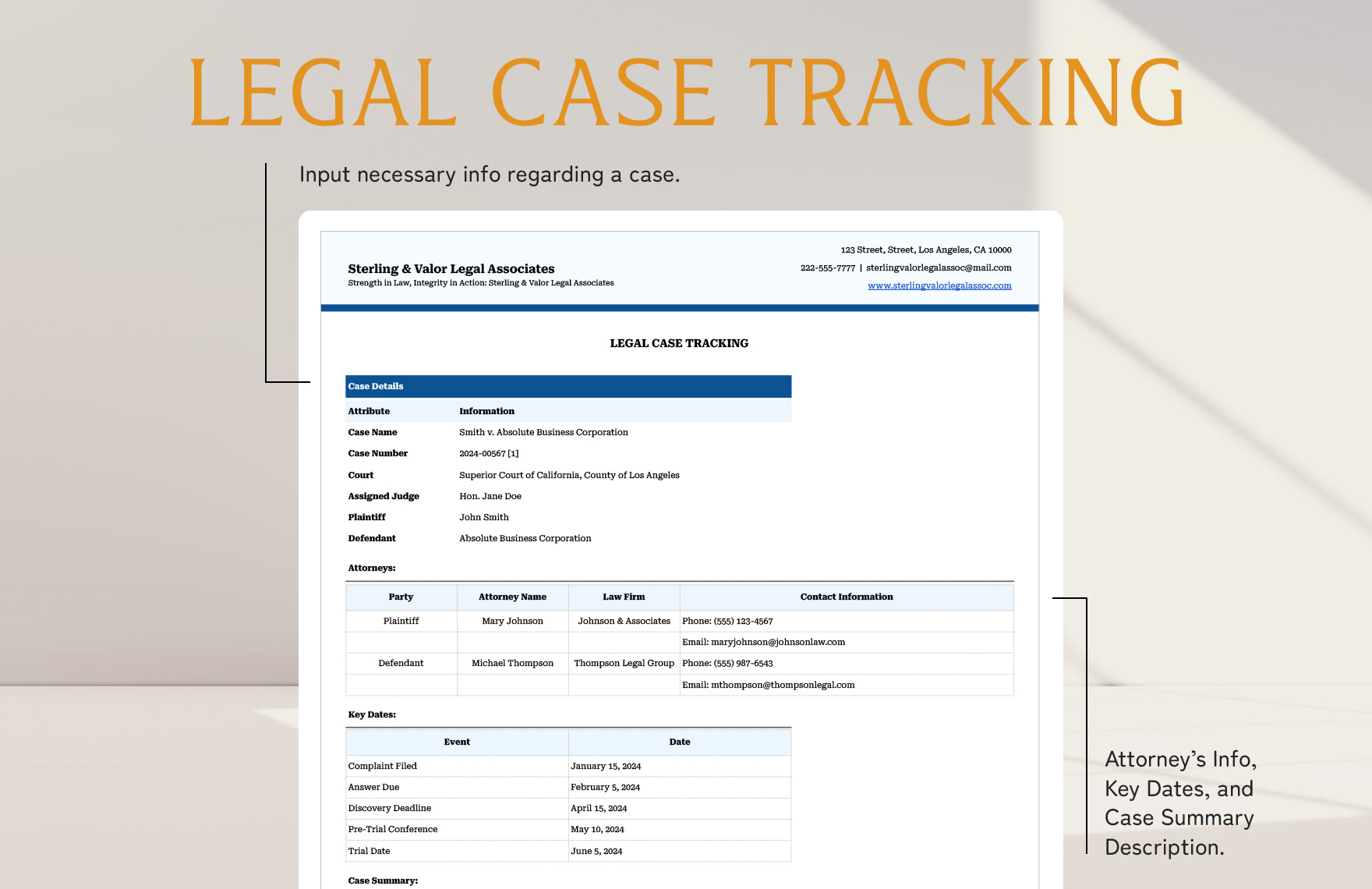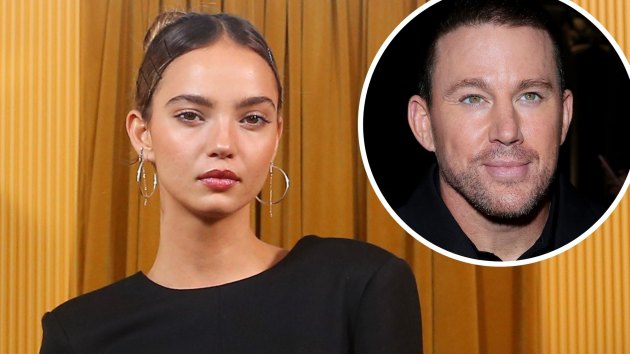Instagram And WhatsApp Antitrust Case: Tracking The FTC's Legal Action Against Meta

Table of Contents
The FTC's core argument centers on allegations that Meta engaged in anti-competitive practices by acquiring Instagram and WhatsApp. The commission contends that these acquisitions, rather than being beneficial mergers, were strategic moves designed to eliminate potential rivals and solidify Meta's dominance in the social networking market. This article will dissect the intricacies of this complex legal case and explore its potential consequences.
The FTC's Allegations Against Meta
The FTC's lawsuit against Meta alleges anti-competitive conduct related to the acquisitions of both Instagram and WhatsApp. The commission argues that Meta, then known as Facebook, used its substantial market power to stifle competition and prevent the emergence of significant rivals.
- Monopolization: The FTC claims Meta engaged in monopolization, leveraging its existing market dominance to eliminate potential threats.
- Illegal Mergers: The acquisitions of Instagram and WhatsApp are presented by the FTC as illegal mergers, arguing they violated antitrust laws.
The specific allegations include:
- Acquisition of Instagram: The FTC asserts that acquiring Instagram, a burgeoning competitor, prevented its growth into a significant threat to Facebook's market share. This, they argue, eliminated a potential alternative social media platform for users.
- Acquisition of WhatsApp: Similarly, the acquisition of WhatsApp, a popular messaging app, is seen by the FTC as a strategic move to neutralize a potential challenger to Facebook's dominance in communication and social networking.
- Suppression of Innovation: The FTC argues Meta leveraged its market power post-acquisitions to suppress innovation and prevent the emergence of new competitive platforms.
Meta's Defense Strategies
Meta vigorously defends against the FTC's accusations, arguing that the acquisitions of Instagram and WhatsApp fostered innovation, integration, and ultimately benefited consumers.
- Innovation and Integration: Meta claims that integrating these platforms resulted in enhanced user experiences, offering features and functionality unavailable on individual platforms.
- Consumer Benefits: They highlight the cross-platform benefits users enjoy, such as seamless sharing and communication across Instagram, Facebook, and WhatsApp.
- No Anti-Competitive Behavior: Meta insists that its actions were legal and did not harm competition. They emphasize the continued existence of various competing social media and messaging platforms.
Meta’s defense strategy focuses on presenting evidence demonstrating the positive impacts of the acquisitions, highlighting user benefits and denying any intention to stifle competition.
Key Legal Developments and Timeline
The Instagram and WhatsApp antitrust case has unfolded through several key stages:
- [Date of initial lawsuit filing]: The FTC filed its initial complaint against Meta on [Insert Date].
- [Key court hearings and their outcomes]: [Summarize key hearings and their results, referencing specific court documents if available]. Include any significant rulings or judge's opinions.
- [Significant legal briefs and filings]: Mention key filings from both the FTC and Meta's legal teams, highlighting their strategic arguments.
- [Expert testimony and its impact]: Discuss any significant expert witness testimony and its influence on the case.
Tracking these developments offers crucial context for understanding the current state of the legal battle.
Potential Outcomes and Implications
The potential outcomes of this case are significant:
- Forced Divestiture: The most impactful outcome could be a court order forcing Meta to divest itself of either Instagram or WhatsApp, significantly altering the social media landscape.
- Fines: Substantial financial penalties could be imposed on Meta.
- Impact on Future Acquisitions: The ruling will likely influence how future acquisitions by large tech companies are scrutinized and regulated.
- Regulatory Landscape: The case could set a new precedent for antitrust enforcement in the tech sector, potentially leading to tighter regulations on social media platforms.
- Meta's Market Share and Valuation: A negative outcome for Meta could significantly impact its market share and overall valuation.
Conclusion: Understanding the Instagram and WhatsApp Antitrust Case
The Instagram and WhatsApp antitrust case pits the FTC's concerns about anti-competitive practices against Meta's arguments of innovation and consumer benefits. The case's outcome will have a profound impact on the future of antitrust law, the tech industry, and the regulation of social media giants. This ongoing legal battle demands continued observation. Stay informed about the developments in this crucial case by following reputable news sources and legal updates. Further reading on antitrust law and the regulation of tech monopolies will offer a deeper understanding of the complexities involved in this landmark case. Understanding the nuances of this Instagram and WhatsApp antitrust case is crucial for anyone interested in the future of tech and the power of big tech.

Featured Posts
-
 Apples E162 Million Privacy Fine What It Means For Data Protection
Apr 30, 2025
Apples E162 Million Privacy Fine What It Means For Data Protection
Apr 30, 2025 -
 No Place For Far Right Af D On Bayern Munichs Board Says President
Apr 30, 2025
No Place For Far Right Af D On Bayern Munichs Board Says President
Apr 30, 2025 -
 Channing Tatums New Girlfriend Inka Williams Their First Public Appearance
Apr 30, 2025
Channing Tatums New Girlfriend Inka Williams Their First Public Appearance
Apr 30, 2025 -
 Chris Kaba Police Watchdogs Formal Complaint To Ofcom Regarding Panorama
Apr 30, 2025
Chris Kaba Police Watchdogs Formal Complaint To Ofcom Regarding Panorama
Apr 30, 2025 -
 New Cruise Ships Of 2025 The Big Deal
Apr 30, 2025
New Cruise Ships Of 2025 The Big Deal
Apr 30, 2025
